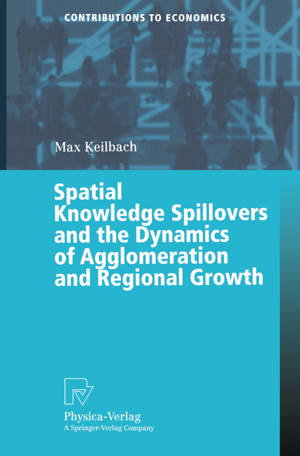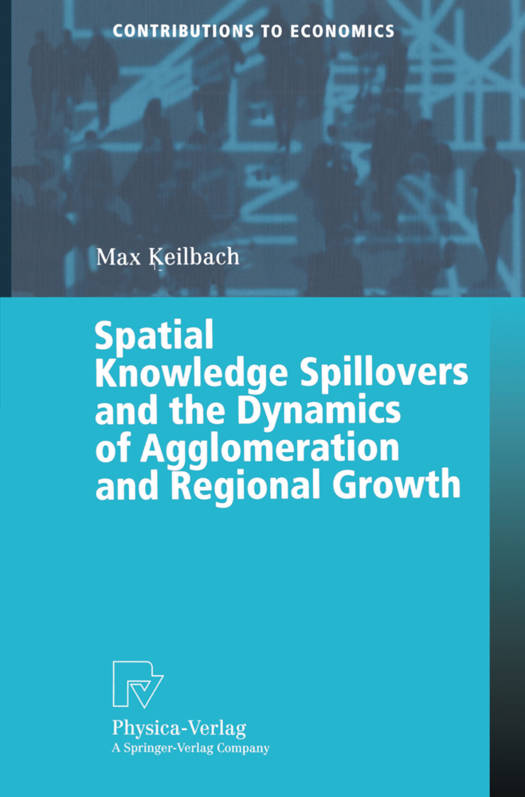
- Afhalen na 1 uur in een winkel met voorraad
- Gratis thuislevering in België vanaf € 30
- Ruim aanbod met 7 miljoen producten
- Afhalen na 1 uur in een winkel met voorraad
- Gratis thuislevering in België vanaf € 30
- Ruim aanbod met 7 miljoen producten
Zoeken
Spatial Knowledge Spillovers and the Dynamics of Agglomeration and Regional Growth
Max C Keilbach
€ 125,95
+ 251 punten
Omschrijving
and Feldman, 1996 or Audretsch and Stephan, 1996) show that unformalized knowledge may playa major role in the innovation of new products. Now if unformalized knowledge is communicated personally, distance will be an important variable in this process, since the intensity of contacts between persons can be expected to be negatively correlated to the distance between them. In the discussion of section 3.3.1 (page 42) we saw that it was this aspect of localization that Marshall had in mind when he was alluding to "local trade secrets".4 Note that if this spatial dimension of communication between agents exists, it is possible to transfer it to regional aggregates of agents: the closer two regions, the more they will be able to profit from the respective pool of human capital (R&D-output etc.) of the other region. This argument gives a spatial 5 interpretation of the literature on endogenous growth. Now if these spillovers have a spatial dimension then it follows from the discussion in chapter 3 that they will be one driving force in the dynamics of agglomeration. With the model to be developed in this chapter I will investigate the hy- pothesis that it is these forces of agglomeration (i.e. spatial spillovers of nonrival goods or foctors) that are responsible for the inhomogeneous pattern of growth con- vergence. To analyze this phenomenon, I consider different types of regional aggregates and different distances in the model.
Specificaties
Betrokkenen
- Auteur(s):
- Uitgeverij:
Inhoud
- Aantal bladzijden:
- 194
- Taal:
- Engels
- Reeks:
Eigenschappen
- Productcode (EAN):
- 9783790813210
- Verschijningsdatum:
- 14/09/2000
- Uitvoering:
- Paperback
- Formaat:
- Trade paperback (VS)
- Afmetingen:
- 156 mm x 234 mm
- Gewicht:
- 303 g

Alleen bij Standaard Boekhandel
+ 251 punten op je klantenkaart van Standaard Boekhandel
Beoordelingen
We publiceren alleen reviews die voldoen aan de voorwaarden voor reviews. Bekijk onze voorwaarden voor reviews.







